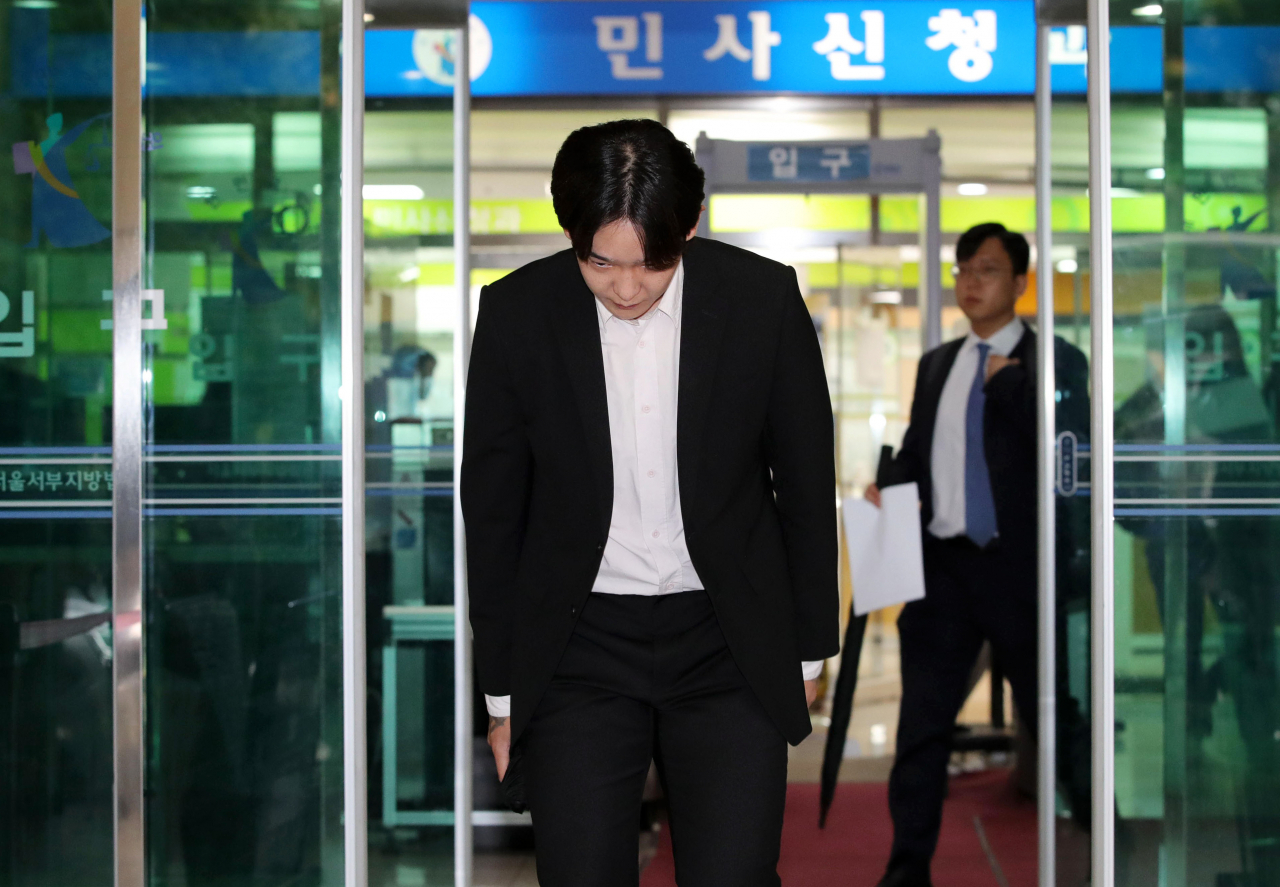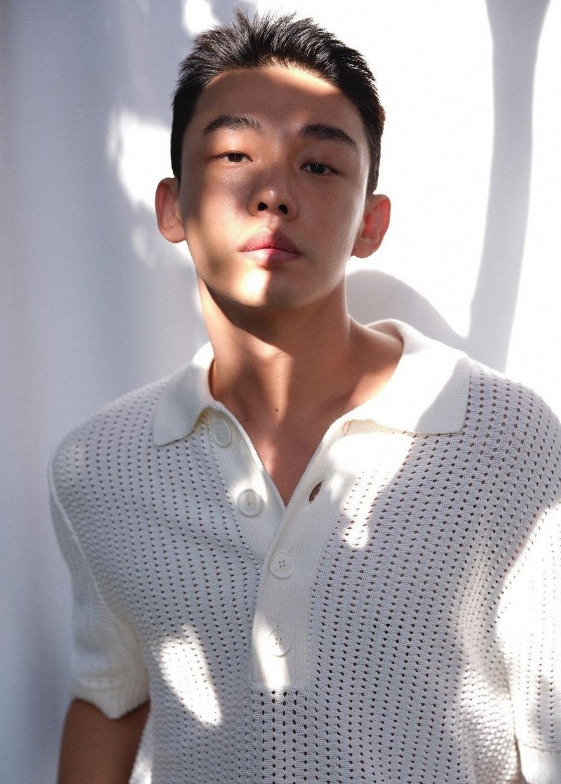Self-suspension, a peculiar 'punishment' for celebrities in Korea
Celebrities embroiled in scandals often make return after brief voluntary hiatus, in a form of pseudo-punishment issued by the court of public opinion
By Yoon Min-sikPublished : Dec. 9, 2023 - 16:01

Singer Nam Tae-hyun recently joined the growing list of South Korean celebrities facing drug charges. The prosecution on Thursday requested a two-year prison term for the former member of the boy band Winner, while seeking 1 year and six months for reality show star Seo Min-jae on charges of alleged drug use.
It is unclear what the future holds for the 29-year-old K-pop star, but his career had been mostly on hold since the array of controversies surrounding him. After being caught drunk driving back in March, he had vowed to be on a type of self-suspension, known in Korean as "jasuk," which refers to a period of careful self-reflection about one's behavior while keeping a low profile.
It is customary for local celebrities to voluntarily take a hiatus for some period of time after being accused of a crime or disreputable behavior. The period of jasuk depends on the gravity of the crime and the image of the said celebrity, and some experts claim that the public is growing lenient toward wrongdoings by their beloved figures.
Jasuk, how long is long enough?
Ha Jung-woo, one of the top actors in the local film scene, was slapped with a 30 million won ($22,900) fine in 2020 after being accused of illegally taking propofol. In addition to all hard or soft drugs, the consumption of psychotropic substances -- including propofol -- without a proper prescription is a crime punishable under the Narcotics Control Act.
It took the actor roughly two years to return to the small screen in 2022. That year, he starred in the Netflix drama "Narco-Saints," and has been in two movies in 2023.
It took three years for actor Ju Ji-hoon to come back from a suspended jail term in 2009 for ecstasy and ketamine use, and "Gangnam Style" star Psy made it back just six months after marijuana use that landed him a 5 million won fine.
Big Bang's T.O.P, however, took a five-year hiatus after a suspended prison term for marijuana use.
Rapper B.I., formerly of iKon, was sentenced suspended to a prison term in 2021, but did not take time off at all and continues to release songs.
Harsher punishment discussed
There is no clear standard for how much time is enough for the public to "forgive" a drug crime. Oh Yun-seong, professor of police administration at Soonchunhyang University, say celebrities returning to their former status with apparent ease after jasuk is detrimental to drug awareness in society.
"Punishment for celebrity drug crimes tend to be not very harsh, and the precedents have led to the belief that they can come back after jasuk," he was quoted as saying in a media interview.
In light of the recent series of drug scandals involving big names like Yoo Ah-in, Lee Sun-kyun and G-Dragon -- Lee and G-Dragon tested negative in a police drug test -- there have been calls to suspend celebrities from appearing on TV after drug scandals.

As of now, whether to ban a celebrity or not is up to each broadcaster.
"What the people (of South Korea) are furious about is that drug users take a brief hiatus and return to the screen, being paid a huge sum of money for it," Rep. Kim Young-shik of the ruling People Power Party said in last month's parliamentary audit.
He urged stricter restrictions on celebrities caught using drugs, citing the Broadcasting Act which states that a broadcast shall not encourage immoral actions. "Some say that removing celebrities who have been accused of drug use from TV infringes on the freedom of employment, but the government needs to think about the responsibility of broadcasts."



















![[Today’s K-pop] Treasure to publish magazine for debut anniversary](http://res.heraldm.com/phpwas/restmb_idxmake.php?idx=642&simg=/content/image/2024/07/26/20240726050551_0.jpg&u=)